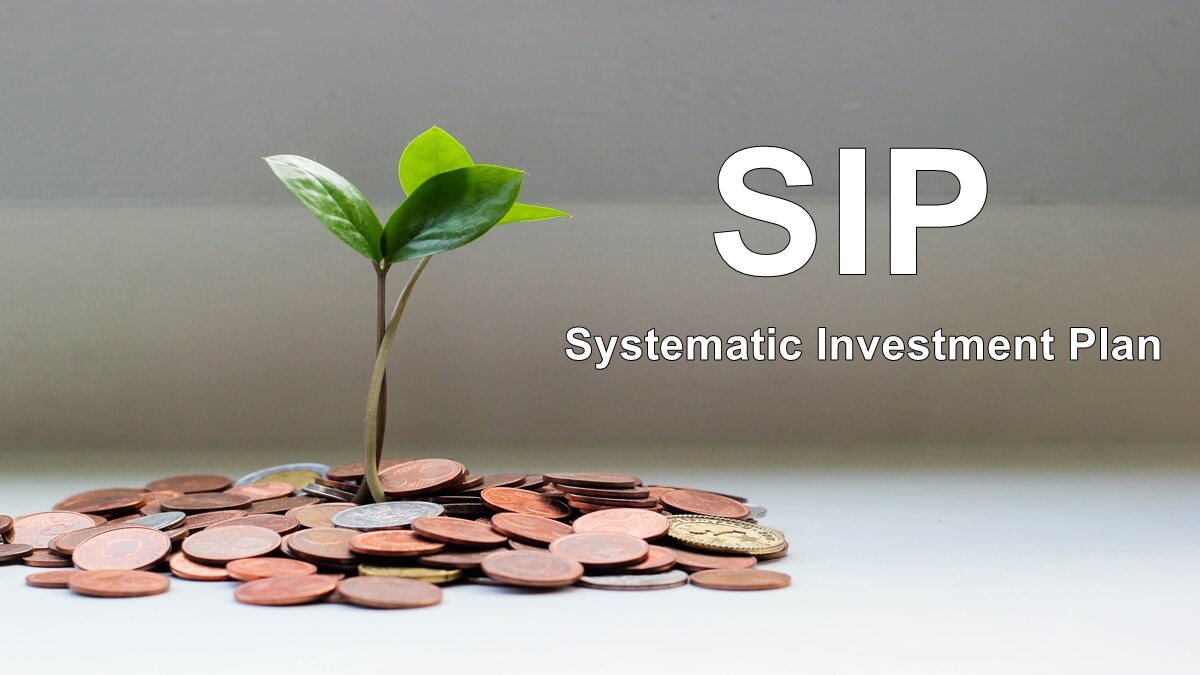There is Mastering the Art of Make Investment in SIP by A Comprehensive Guide
Are you looking to grow your wealth and secure your financial future? Investing in SIP (Systematic Investment Plan) can be a great way to achieve your financial goals. SIP is a disciplined and convenient way to invest in mutual funds that allows you to invest a fixed amount regularly. This not only helps inculcate a savings habit but also allows you to benefit from the power of compounding.
Why Invest in SIP?

SIP offers several advantages over traditional lump-sum investments. Here are some reasons why you should consider investing in SIP:
1.Cost Averaging: SIP allows you to invest a fixed amount regularly, regardless of market conditions. This helps in averaging out the purchase cost of units over time, reducing the impact of market volatility.
2.Disciplined Investing: SIP instills discipline in your investment approach by automating the investment process. You can set up automatic deductions from your bank account, ensuring that you stay committed to your investment goals.
3.Power of Compounding: By investing regularly over the long term, you can benefit from the power of compounding. Compounding allows your money to grow exponentially, as you earn returns not just on your principal investment but also on the returns generated.
4.Flexibility: SIPs offer flexibility in terms of investment amount, frequency, and fund selection. You can start with as little as $100 per month and increase your investment amount as your financial situation improves.
How to Get Started with SIP?

If you’re ready to start investing in SIP, here’s a step-by-step guide to help you get started:
Understanding SIPs:
Systematic Investment Plan, or SIP, is an investment method that enables individuals to invest a fixed amount regularly in mutual funds. Unlike lump-sum investments, where a large amount is invested at once, SIPs involve investing smaller amounts periodically, typically monthly or quarterly. SIPs offer several benefits, including rupee cost averaging, disciplined investing, and the power of compounding.
Setting Investment Goals:
Before diving into SIP investing, it’s crucial to define your investment goals. Whether it’s wealth accumulation for retirement, purchasing a house, funding your child’s education, or any other financial objective, having clear goals will help you determine the investment horizon and risk tolerance. Each goal may require a different investment approach, and SIPs can be tailored accordingly to align with your objectives.
Risk Assessment and Asset Allocation:
Risk tolerance varies from individual to individual based on factors such as age, income, financial responsibilities, and investment experience. Assessing your risk tolerance is crucial in determining the appropriate asset allocation for your SIP investments. Asset allocation refers to the distribution of investments across different asset classes such as equity, debt, and gold. While equity funds offer higher growth potential over the long term, they also come with higher volatility. Debt funds, on the other hand, provide stability but lower returns. Balancing these factors according to your risk appetite is essential for a well-rounded investment portfolio.
Choosing the Right Mutual Funds:

Selecting the right mutual funds is a critical aspect of SIP investing. With a plethora of options available, it’s essential to conduct thorough research and due diligence before making investment decisions. Factors to consider include the fund’s investment objective, historical performance, fund manager’s track record, expense ratio, and risk-adjusted returns. Diversifying your SIP investments across different fund categories and fund houses can help mitigate risk and optimize returns.
Monitoring and Reviewing:
While SIPs offer the advantage of automation, it’s essential to monitor your investments periodically and review their performance. Economic and market conditions may impact the performance of mutual funds, necessitating adjustments to your investment strategy. Regular reviews enable you to rebalance your portfolio if needed and make informed decisions based on your financial goals and prevailing market conditions.
Discipline and Patience:
One of the key principles of SIP investing is discipline. Consistently investing a fixed amount regardless of market fluctuations instills discipline and helps inculcate a saving habit. Additionally, patience is crucial when it comes to SIP investing. Wealth accumulation through SIPs is a gradual process that requires time to realize its full potential. Avoiding impulsive decisions based on short-term market movements and staying focused on long-term goals is paramount for success.
Tax Implications:
Understanding the tax implications of SIP investments is essential for maximizing returns. Equity-oriented mutual funds held for more than one year qualify for long-term capital gains tax, currently taxed at 10% without indexation. However, short-term capital gains on equity funds held for less than one year are taxed at 15%. Debt funds held for more than three years are subject to long-term capital gains tax at 20% with indexation benefit, while short-term capital gains are taxed as per the individual’s income tax slab rate.
Things You Should Know

Mastering the art of investing in SIPs requires a combination of discipline, patience, and sound investment principles. By setting clear goals, assessing risk tolerance, choosing the right mutual funds, and staying disciplined, individuals can harness the power of SIPs to achieve their financial objectives.
Remember, SIP investing is a journey, not a destination. Stay focused, stay disciplined, and reap the rewards of long-term wealth creation.

1 thought on “How to Make Investment in Sip”